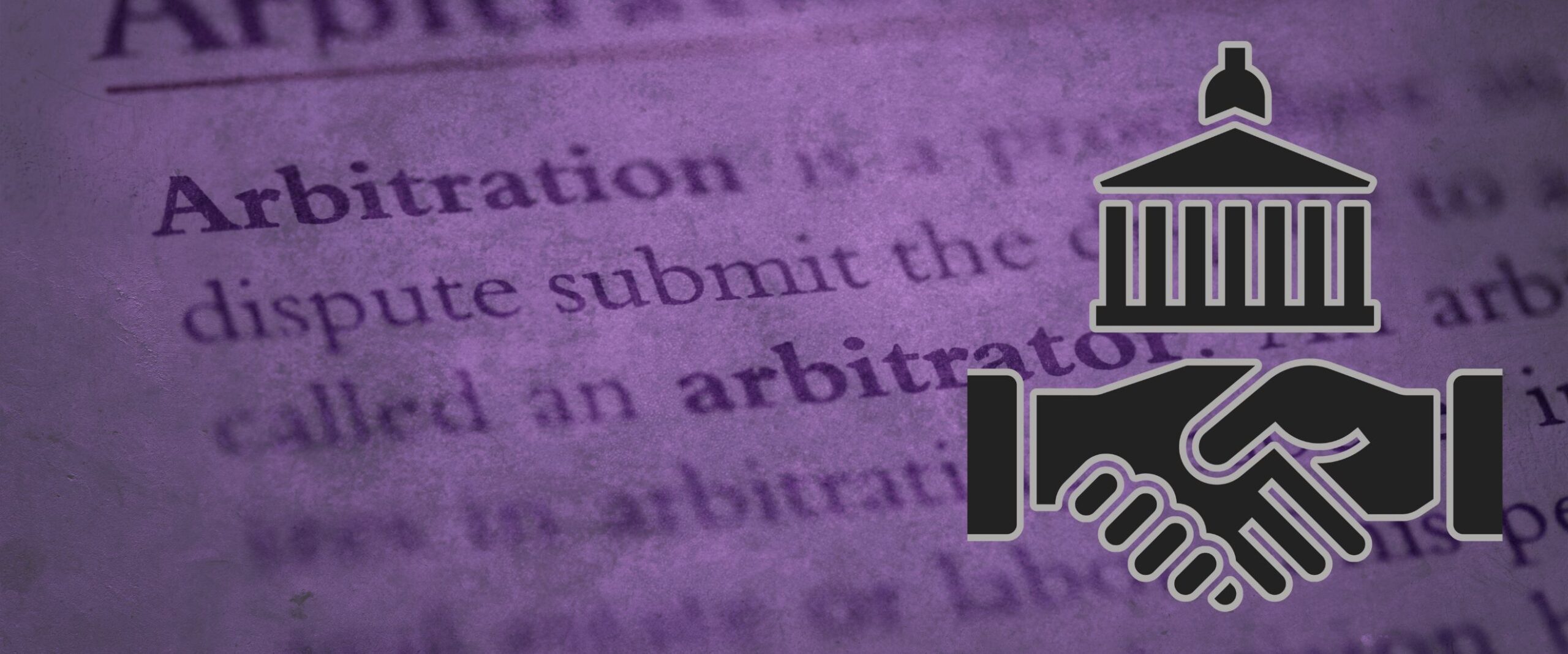Analysis
Unilateral appointment of arbitrators case | An issue for public or private law?
While the majority’s decision was grounded in constitutional law, the two partial dissents did not go beyond the Arbitration & Contract Acts

The Arbitration and Conciliation Act, 1996 gives pre-eminence to party autonomy and contemplates minimal judicial interference. Section 11(2) of the Act confirms that parties have the freedom to agree on a procedure for appointing arbitrators. Based on the suggestions in the Law Commission’s 246th Report, filed in August 2014, Parliament inserted a clause that said that a person who is related to the parties, counsel or subject matter of the dispute shall be ineligible to be appointed as arbitrator. In the same breath, the amendment provided an overriding right to the parties to waive such ineligibility.
But a spate of recent decisions by Indian courts suggested that party autonomy may not be as absolute as the Act makes it out to be. The Act itself, in Section 4, distinguishes between mandatory and non-mandatory provisions and does not contemplate an arbitration in derogation of the mandatory provisions. Similarly, the Act allows for refusal of enforcement if the composition of the tribunal or the arbitral procedure is not in accordance with the parties’ agreement. Again, in the same breath, it says that such an agreement cannot be in conflict with the mandatory provisions of the law.
The scheme of the Act, therefore, mandates that the composition of an arbitral tribunal has to be based on equality, due process, impartiality, independence and capacity requirements.
How did the issues reach the Constitution Bench?
In a reference made in Union of India v Tantia Constructions Limited (2021), the Supreme Court was called to interpret an arbitration clause contained in the General Condition of Contract between Central Organisation for Railway Electrification and a private party, which is a joint venture entity. The relevant clause tilted the process of appointment in favour of the Railways. The tribunal was to consist of three arbitrators, two of whom would be appointed by the Railways. The third, again, would be appointed by the Railways but from among two persons to be chosen by the private party from a panel of four, once again maintained by the Railways.
A three-judge bench of the Supreme Court upheld the validity of the aforesaid arbitration clause. The Court relied on the decision in Voestalpine Schienen GmbH v Delhi Metro Rail Corporation Ltd (2017) to hold that former employees of parties are not barred from acting as arbitrators. The Court also found reason to justify such appointments on the basis that the tilt was counterbalanced by the private party’s right to choose two names out of the panel maintained by the Railways.
The three-judge bench, while justifying the arbitration clause, failed to apply the law as declared in TRF Ltd v Energo Engineering Projects Ltd (2017) and Perkins Eastman Architects DPC v HSCC (India) Ltd (2019), where the Supreme Court had expressly rejected arbitration clauses which empowered persons who were themselves ineligible to be arbitrators to make appointments of sole arbitrators to adjudicate disputes.
The question ultimately was referred to a larger bench.
In Central Organisation for Railway Electrification v ECI SPIC SMO MCML, the five-judge bench proceeded to frame the following issues for its consideration:
- whether an appointment process which allows a party who has an interest in the dispute to unilaterally appoint a sole arbitrator, or curate a panel of arbitrators and mandate that the other party select their arbitrator from the panel, is valid in law;
- whether the principle of equal treatment of parties applies at the stage of the appointment, and
- whether an appointment process in a public-private contract which allows a government entity to unilaterally appoint a sole arbitrator or majority of the arbitrators of the arbitral tribunal is violative of Article 14.
How did the majority decide on the issues?
While examining the first issue, the majority opinion authored by then Chief Justice D.Y. Chandrachud emphasised the conflict of interest inherent in a member of a quasi-judicial body having a connection to a party or the subject matter of the dispute.
The opinion noted that Section 12(5) automatically disqualifies any person whose relationship with the parties, counsel or subject matter of the dispute falls under any of the categories mentioned under the Seventh Schedule. An arbitration clause where one party or its proxy has the power to unilaterally decide who will adjudicate on a dispute is fundamentally contrary to the adjudicatory function. On the other hand, a three-member arbitral tribunal which permits parties to nominate one arbitrator each, who in turn appoint the third arbitrator, ensures a sense of confidence in both parties.
The Court observed that an independent and impartial arbitral tribunal can only be appointed through equal participation of both the parties. The Court on this occasion referred to the decisions in Perkins and TRF and reiterated that this counter-balance would occur only when the arbitrators are appointed by the parties in the exercise of their genuine party autonomy.
It also held that there is no counter-balancing when an arbitration clause contemplates the curation of a panel exclusively by one party. In this light, the Constitution Bench disagreed with the view previously taken by the bench of three judges and also proceeded to overrule its previous decision in Voestalpine Schienen.
The majority held that an arbitration clause tilted in favour of the Railways gives rise to justifiable doubts as to the independence and impartiality of arbitrators as (i) the contractor is restricted to choosing its arbitrator from the panel of four arbitrators nominated by the party who is a disputant; and (ii) the contractor’s choice is further constrained because it is made subject to the decision of the Railways, which will choose one among the two persons suggested by the Contractor; and (iii) the clause further allowed the Railways to appoint the third arbitrator.
The Court concluded that a unilateral clause where one party is allowed to appoint the sole arbitrator is violative of Article 14. By holding so, the Court imported public law jurisprudence into what was essentially a question of contract interpretation. The Court further held that Public Sector Undertakings are not prohibited from curating a panel of arbitrators. However, the arbitration clause cannot mandate the other party to restrict its selection of arbitrators only from such a panel.
On the second framed question, the Court also noted that arbitration, as a quasi-judicial function, is subject to the principles of natural justice. Furthermore, Article 14 includes a right to have a dispute adjudicated by a forum which exercises judicial power impartially and independently. The Court pointed out that Section 12(5) of the Arbitration Act follows these principles and introduces impartiality and independence in the process.
On the third issue, the Court reaffirmed the position it took in Pam Developments Private Limited v State of West Bengal (2019)—that the Act does not make any distinction between public-private arbitrations and private arbitrations. Consequently, there can be no distinction in the appointment process in a public-private arbitration. The Court emphasised that in a public-private contract, the State must act fairly, justly and reasonably.
Furthermore, it noted that an arbitral proceeding must adhere to the grundnorm, i.e., (i) the Constitution of India; (ii) the Arbitration Act and any other Union and state law; and (iii) the arbitration agreement entered into between the parties. The concept of party autonomy cannot be stretched to an extent where it violates the fundamental rights under the Constitution. The majority concluded that a unilateral appointment clause in public-private contracts would be violative of Article 14.
What did the separate, partially dissenting opinions say?
Two judges of the Court issued separate opinions. Justice Hrishikesh Roy, while agreeing that Section 18 of the Act mandated equality in all stages of the proceedings, expressed doubt on the import and application of principles of constitutional law and public law in arbitrations.
Justice P.S. Narasimha opined that the legality of an arbitral clause enabling unilateral appointment can only arise when an application under Section 11(6) or Section 14 is made and that it is not correct to make an advance ruling or a declaration of such clauses being void. The finding is borne out by Section 12(5) of the Act, which permits the parties to waive objections to the illegibility of arbitrators. He further noted that parties have a duty to constitute an independent and impartial tribunal when they choose arbitration over court proceedings as an exception under Section 28 of the Contract Act. If they fail to do this, the arbitration agreement will be void as opposed to public policy under Section 23 of the Contract Act.
Justice Narasimha also expressed his reservations against applying the equality principle enshrined in Section 18 of the Arbitration Act, on the ground that it was not intended to apply to the appointment stage. He bases his reasoning on two factors: the placement of Section 18 in Chapter V (‘Conduct of Arbitral Proceedings’), which comes after Chapter III (‘Composition of Arbitral Tribunal’), and the wording of the section (‘The parties shall be treated with equality and each party shall be given a full opportunity to present his case’), which he noted makes it clear “that the obligation to treat the parties with equality is on the arbitral tribunal, rather than the parties.”
Additionally, in Justice Narsimha’s view, calling unilateral appointments as violative of Article 14 would make proviso of waiver in Section 12(5) otiose and ineffectual.
What is the potential impact of the judgement?
Overall, the judgment of the Constitution Bench is a welcome step towards party autonomy and impartiality in arbitral proceedings. In order to avoid interdiction to arbitral proceedings that may be currently underway, the Supreme Court has clarified that the law will apply prospectively to appointments to be made after the date of this judgment, 8 November 2024.
In June this year, the Union Ministry of Finance issued an office memorandum discouraging PSUs from arbitrating; and instead nudged them to opt for mediation and then adjudication by courts. The memorandum highlighted concerns about the lack of safeguards in ensuring the selection of appropriate arbitrators. Given the inclination of PSUs to appoint arbitrators from amongst its cohort, this judgment may become an additional deterrent for PSUs to opt for arbitration in their commercial contracts.
What should ideally occur post this dicta from the Supreme Court is parties in public-private arrangements should revisit their contracts and ensure that the arbitration clauses reflect a balanced procedure of appointment. This Constitution Bench decision could become the development that nudges the government to opt for institutional arbitration over ad-hoc arrangements.
Sajan Poovayya is a Senior Advocate with extensive constitutional, corporate and commercial law practice in the Supreme Court of India and various High Courts. Prior to his designation, he was the Managing Partner of Poovayya & Co., a full-service law firm with offices across the country.




